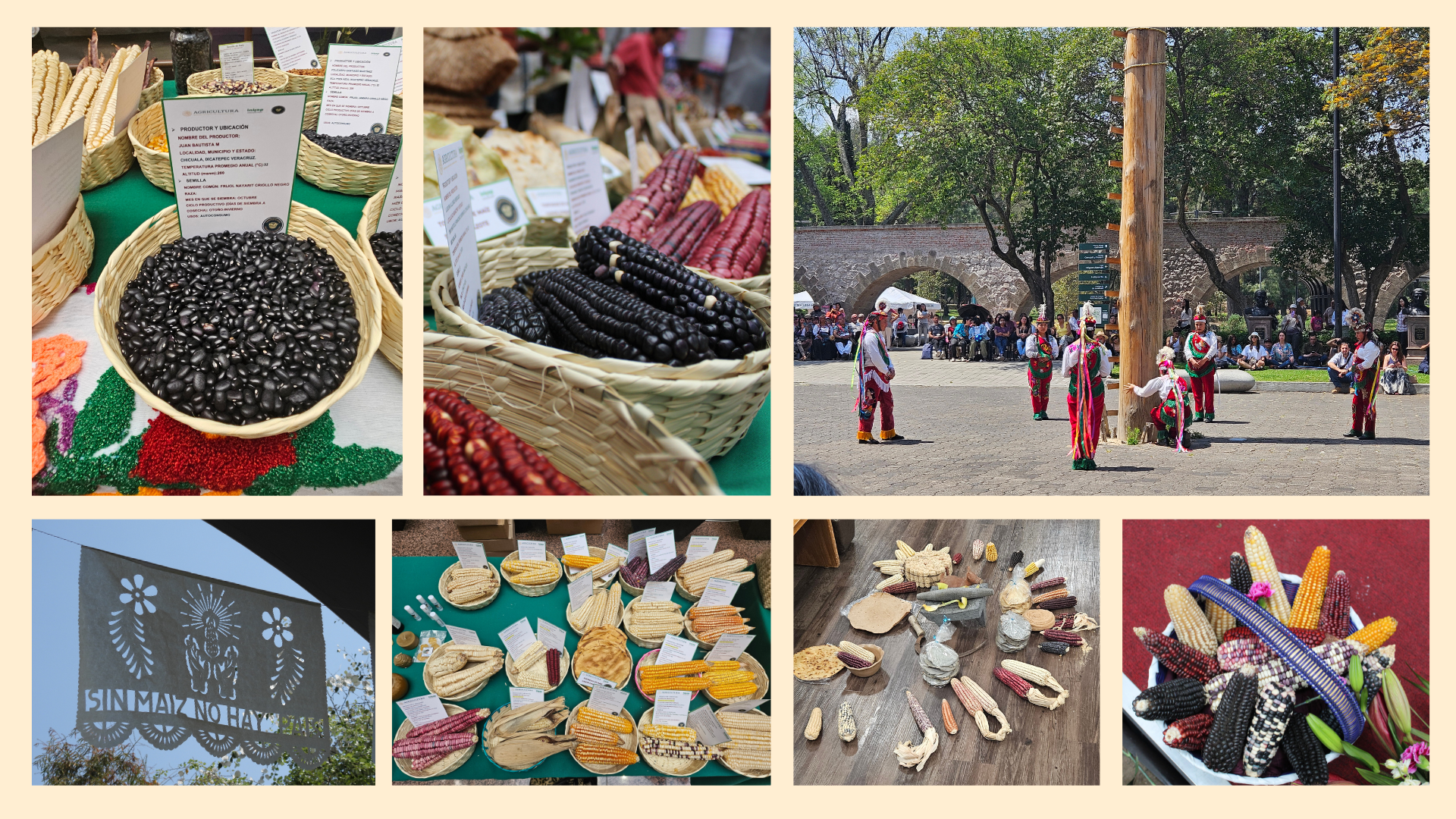
Article by
For decades, multinational corporations in industries such as pharmaceuticals, biotechnology, and agritech have been claiming intellectual property rights over biological materials, using patents as a primary tool. Patents provide companies that invest time and money in research the exclusive rights to their innovations for a limited period. This allows them to recoup their investment and profit from their work. In agriculture, companies often patent genetically engineered seeds, asserting ownership over the modified genetic traits.
However, this practice becomes problematic when it involves traditional knowledge. Vandana Shiva, a prominent figure in this fight, refers to what is happening in agriculture as "bio-imperialism." She has dedicated her work to combating the patents placed on seeds, particularly those that are part of indigenous knowledge and biodiversity.
Vandana’s interest in intellectual property and its impact on indigenous knowledge began with the rise of the Life Sciences industry. She warned that, before long, companies would start patenting indigenous knowledge and biodiversity. Her concerns led her to write a book called Bio-Piracy, highlighting the issue of biopiracy, where traditional biological resources are patented by corporations without consent or fair compensation.
The battle also extends to traditional wheat varieties. Some ancient wheat strains, which do not cause gluten allergies, became targets for multinational companies aiming to profit from the growing market for gluten-free products. These companies, which had contributed to the creation of gluten allergies by promoting monoculture wheat cultivation with chemicals, sought to patent and control Vandana’s traditional wheat varieties. After a prolonged struggle, the patent was revoked.
Vandana’s work highlights a critical issue in the world of intellectual property: the patenting of life. She argues that this practice crosses a line, one that benefits powerful entities with the privilege, financial resources, and legal frameworks to impose their claims. They often disguise these efforts as being for the collective good, but the reality is that certain things, such as seeds and traditional knowledge, cannot and should not be owned. The ongoing fight against bio-imperialism continues to raise important ethical questions about the ownership and commercialization of life.
 Monthly "Azeem English Magazine", launched in 2000, records the information about diverse fields like mental health, literature, research, science, and art. The magazine's objective is to impart social, cultural, and literary values to society.
Monthly "Azeem English Magazine", launched in 2000, records the information about diverse fields like mental health, literature, research, science, and art. The magazine's objective is to impart social, cultural, and literary values to society.
+92 51 88 93 092
First Floor, RAS Arcade, Eidhi Market, Street#124, G-13/4, Islamabad, Pakistan, 44000.